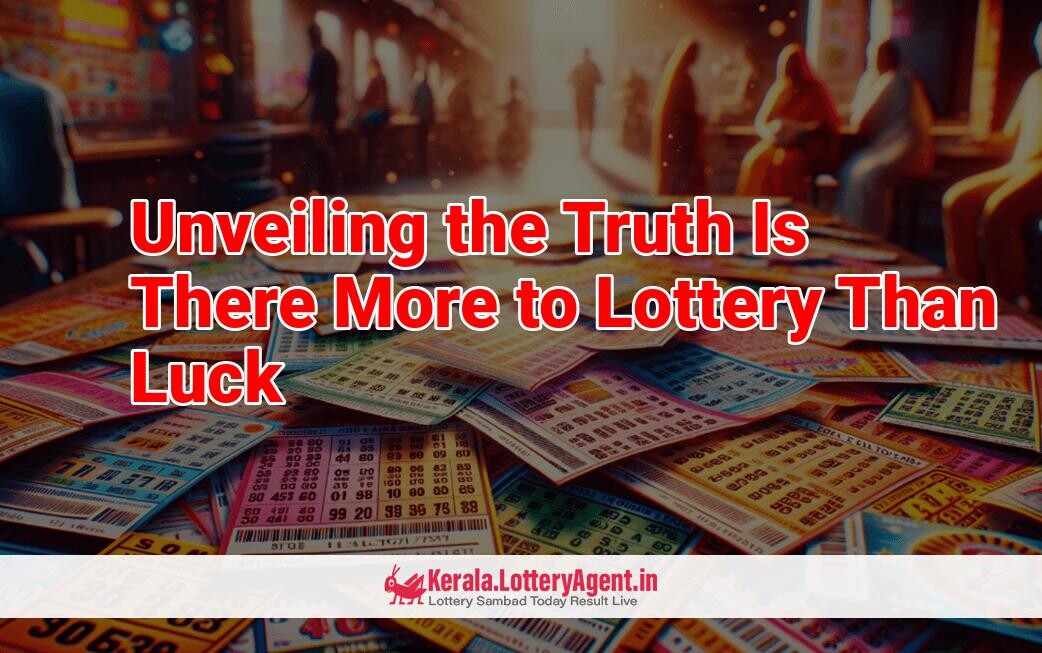
Each year, millions of hopeful individuals partake in the grand gamble of the lottery, each dreaming of the monumental windfall that could transform their lives in the blink of an eye. But amid the excitement and anticipation, there persists a nagging question—could the lottery be rigged, or is it purely the domain of chance and probability? This report delves into the intricacies of the lottery system, revealing the mechanics behind what many consider a potential platform for manipulation.
Our investigative foray into the world of lottery games uncovers the arguments and facts surrounding the fairness of these games of chance. A pervasive sense of doubt permeates the psyche of many players, particularly those who have never experienced the thrill of victory. These concerns often stem from a misunderstanding of the laws of probability—a concept that is critical to lottery outcomes. The lamentations of those who don’t win are hardly surprising given the exceedingly low odds of clinching the jackpot.
However, mathematics insists on the impartiality of these games; the odds are designed to be formidable and the occurrences of winning sparsely scattered across time and space. It’s a given: not everyone can win and not every draw can churn out a millionaire. The essence of the lottery is captured in its unpredictability and sheer randomness—elements that underpin its integrity as a fair game.
Transparency and clarity in the operation of lottery systems play a vital role in assuring players of the credibility of the draw. Reputed lotteries such as Powerball and Mega Millions command trust through their live, manually-conducted draws—a practice that permits players to witness the process in real-time. On the other hand, concerns are often heightened with lotteries reliant on computer-generated combinations, leading to suspicions around digital interference.
From regional lotteries to multinational ones, the legitimacy of these games bears profound relevance to player confidence. Small-scale operations face greater skepticism, but legal, state-sanctioned lotteries diligently adhere to regulations designed to deter malpractice. A stern commitment to transparency not only bolsters their reputation but also aligns their interests with the paramountcy of fair play.
Mega Millions, renowned for its hefty payouts, illustrates its commitment to legitimacy by employing independent auditors and meticulous preparations for each draw. Comparable precautions are evident in US Powerball—the globe’s most ubiquitous lottery—through its rigorous pre-draw protocols and impenetrable storage of equipment.
Scratch-off tickets, though seemingly straightforward, are not immune to rigging concerns. With limited top prizes amongst a vast sea of tickets, players are wary of potential manipulation by those in charge. However, credible establishments have much to lose from controversy and thus strive to avoid even a hint of wrongdoing.
Amid the fervent assurances from lottery corporations, conspiracies about rigged games persist—yet no substantial evidence corroborates claims of systemic fraud. Unsubstantiated theories abound, from jackpots manipulated for optimal tax collection to mafia involvement and conscious number selection by insiders. Nevertheless, the reality of regulated lotteries being a lucrative industry without the need for deceit remains undeniable. Players can thus take solace in licensed lotteries, vigilant against fraudulent practices.
Despite isolated cases of malfeasance, such as the infamous Hot Lotto scandal involving a security officer’s attempt at swindling millions, the security infrastructure of major lotteries is formidably robust. Dedicated fraud prevention departments and transparent ticket validation procedures play a pivotal part in establishing a barrier against any potential foul play.
As we gaze upon the vast landscape of lottery games, it’s essential to preserve a clear differentiation between reputable, licensed lotteries and questionable online scams. Tips on steering clear of such scams are available in comprehensive guides dedicated to the subject.
In the end, entering the lottery is a leap of faith in the hands of chance. While governing bodies and organizers constantly fine-tune security measures, the outcome remains a matter of luck. Yet, the indomitable spirit of players persists, nourished by the incandescent dream of claiming the next great jackpot. After all, you can only win if you play.











